When I started my trip to Hungary a few days ago, I stopped in the Subotica, a city in the north of Serbia. I have always wanted to see the famous synagogue in this city, which is the second largest synagogue in Europe and one of the most valuable achievements of sacral architecture.
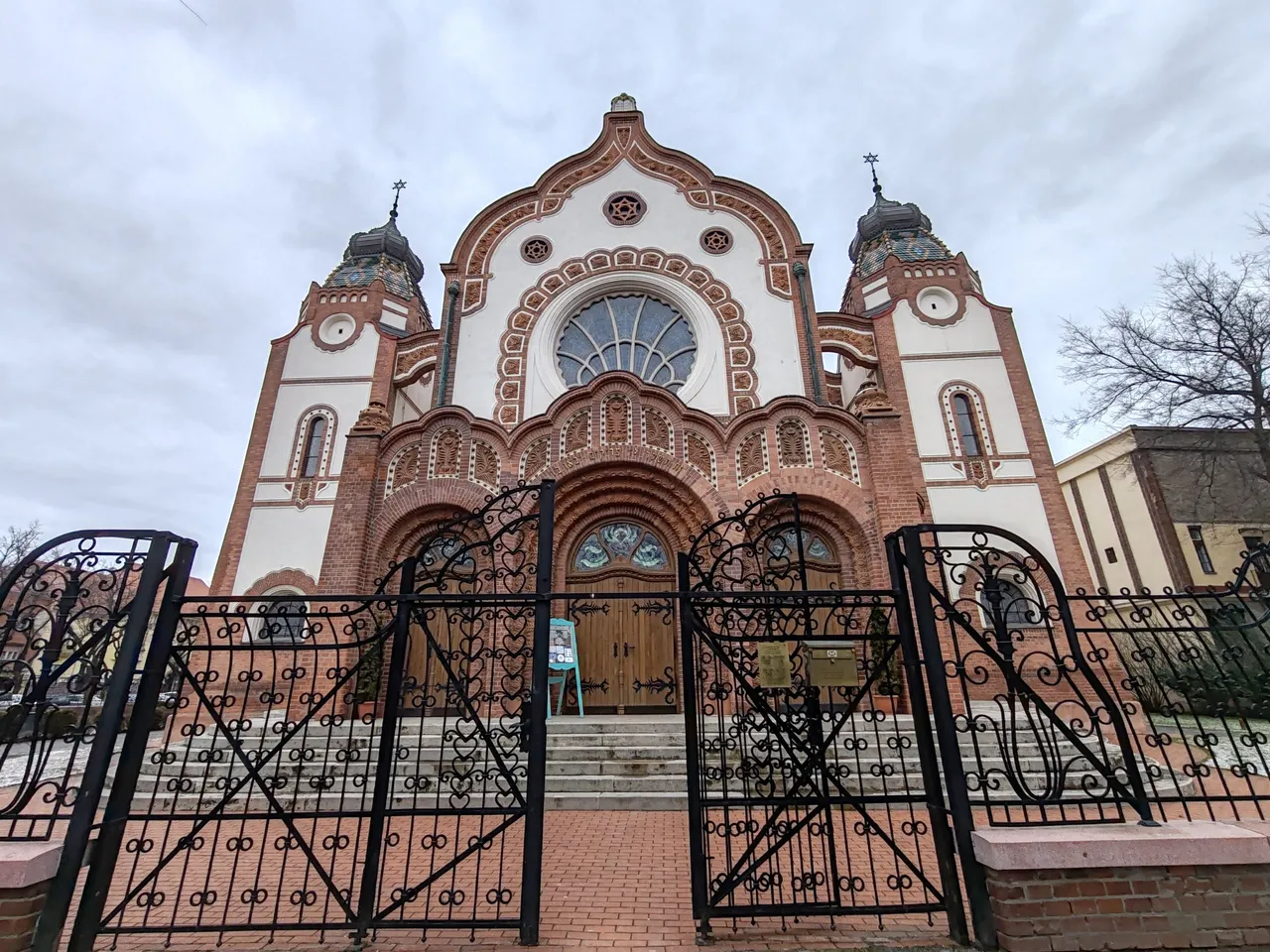
I have seen many times from the outside this temple, built in the Hungarian Art Nouveau style at the beginning of the 20th century. But I never went inside and I was always interested to see it because of the imposing exterior.
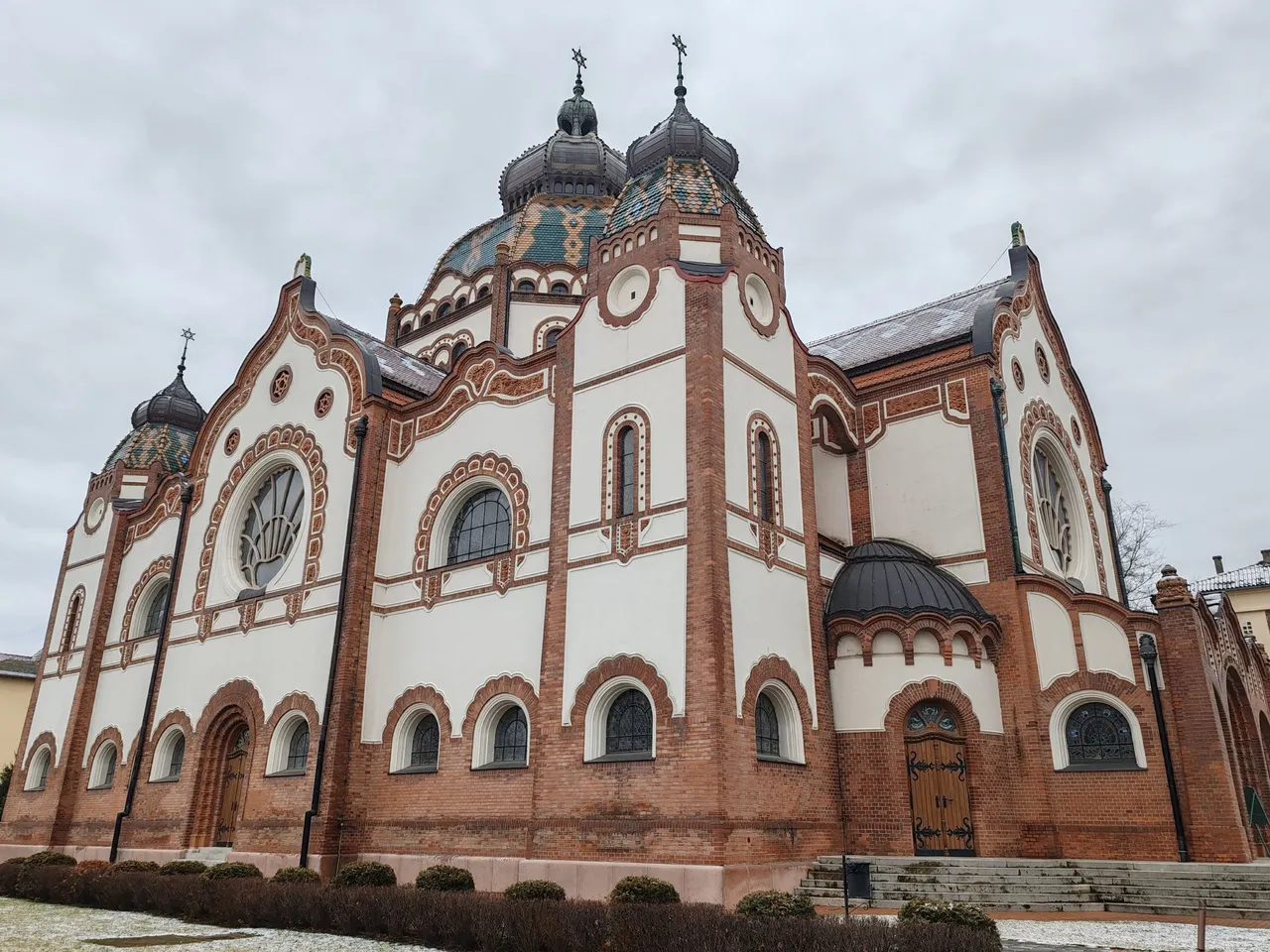
What I learned there from the people working at the entrance is that the Subotica Synagogue represents one of the most valuable Central European buildings of this type of architecture.
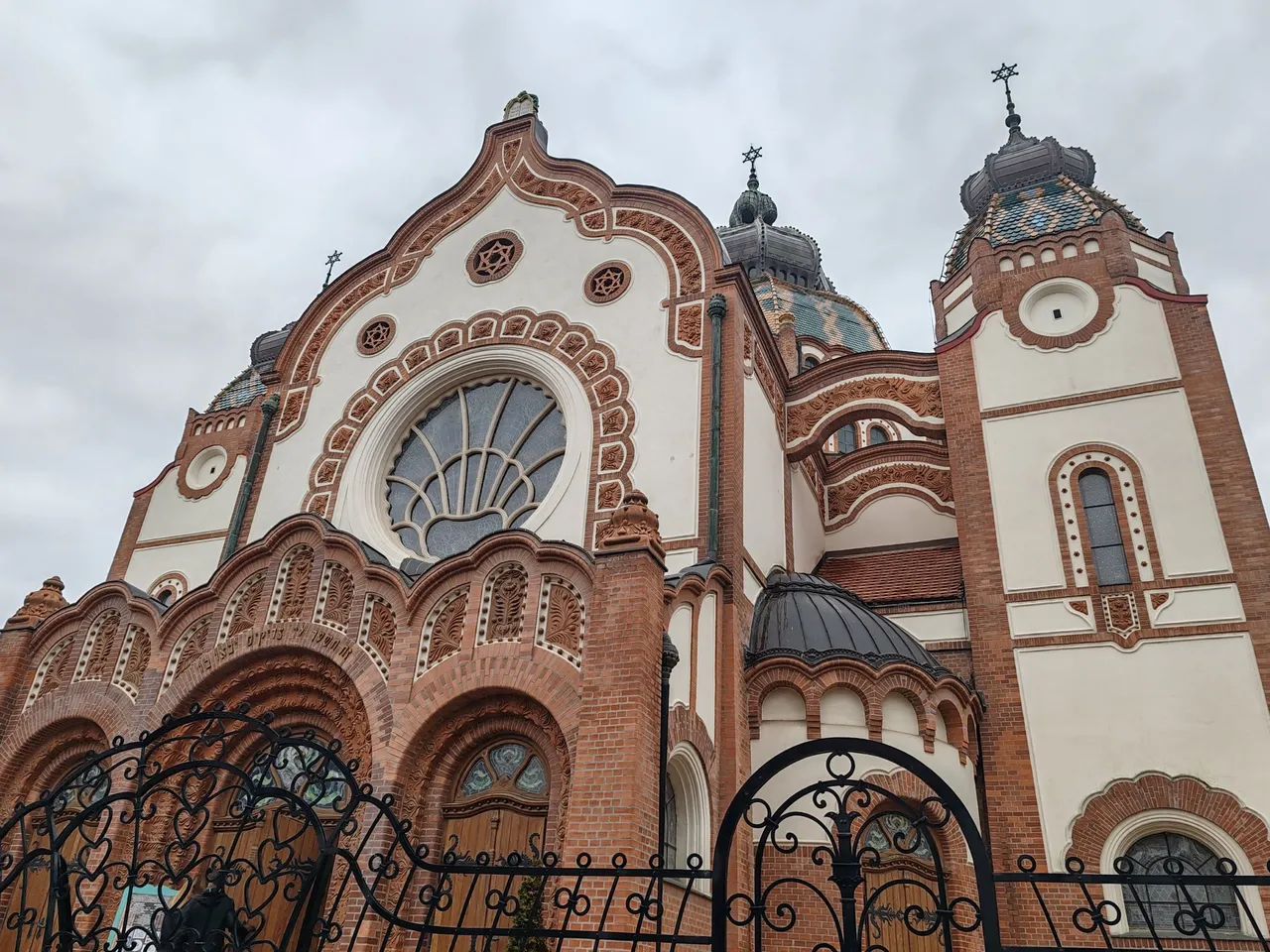
It has four smaller domes that symbolize the sides of the world. And a larger dome that represents the universe rests on them.
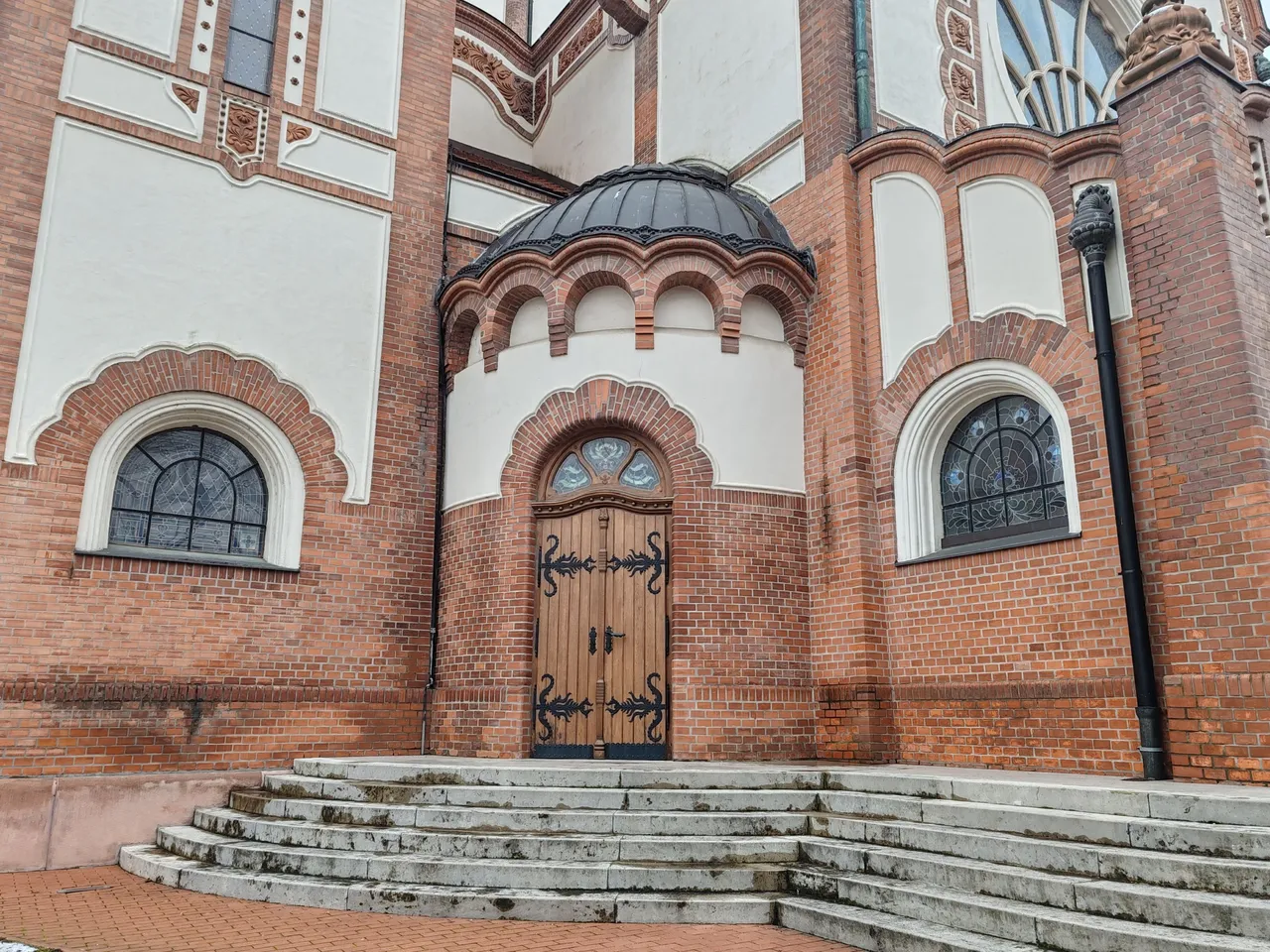
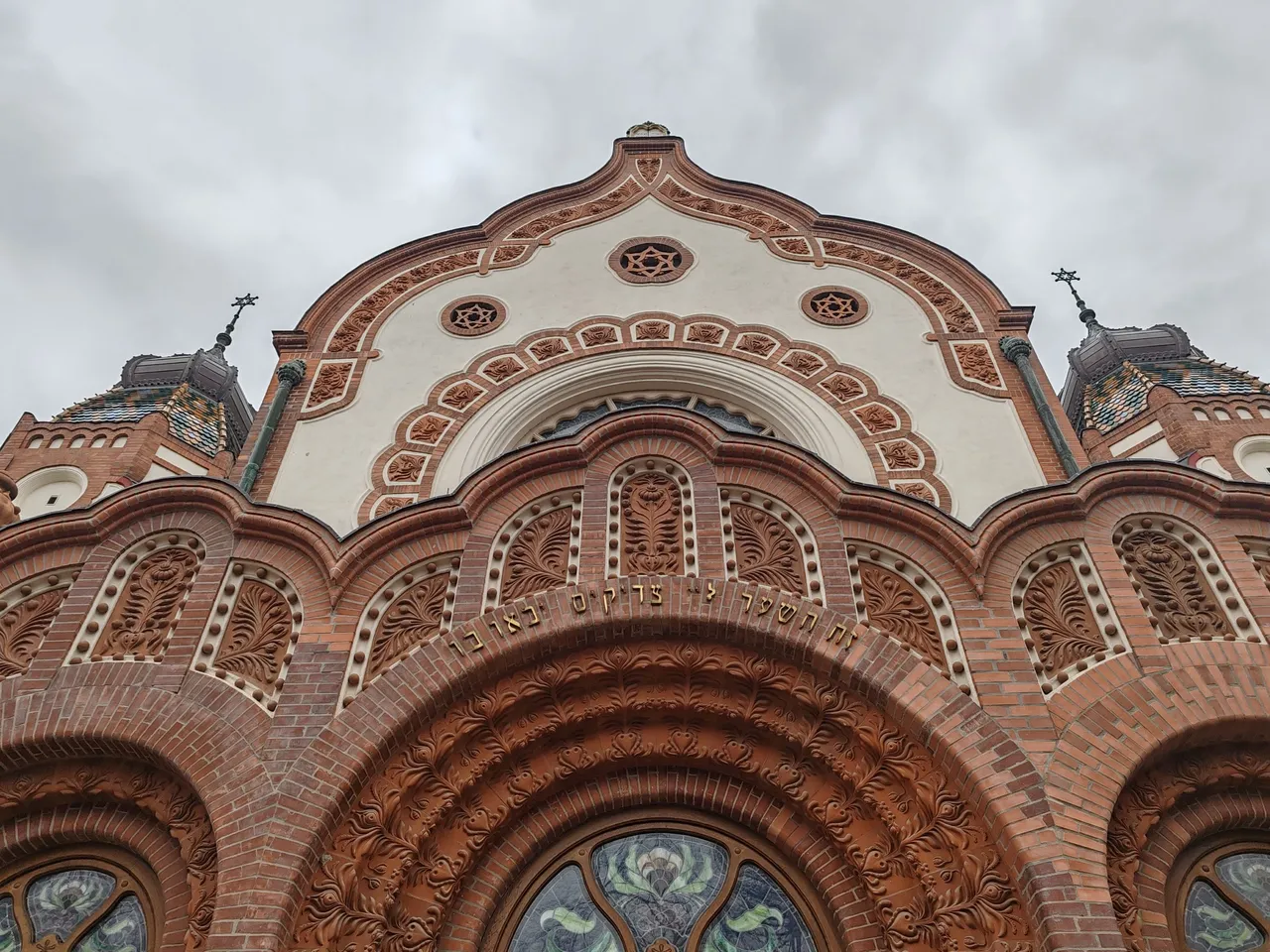
In the yard, there is a memorial plaque to the Jews that the residents of Subotica erected in their honor because together with them they created this city until they died in the camps during the Second World War. I read it on the memorial plaque and realized that this place carries a certain emotional weight.
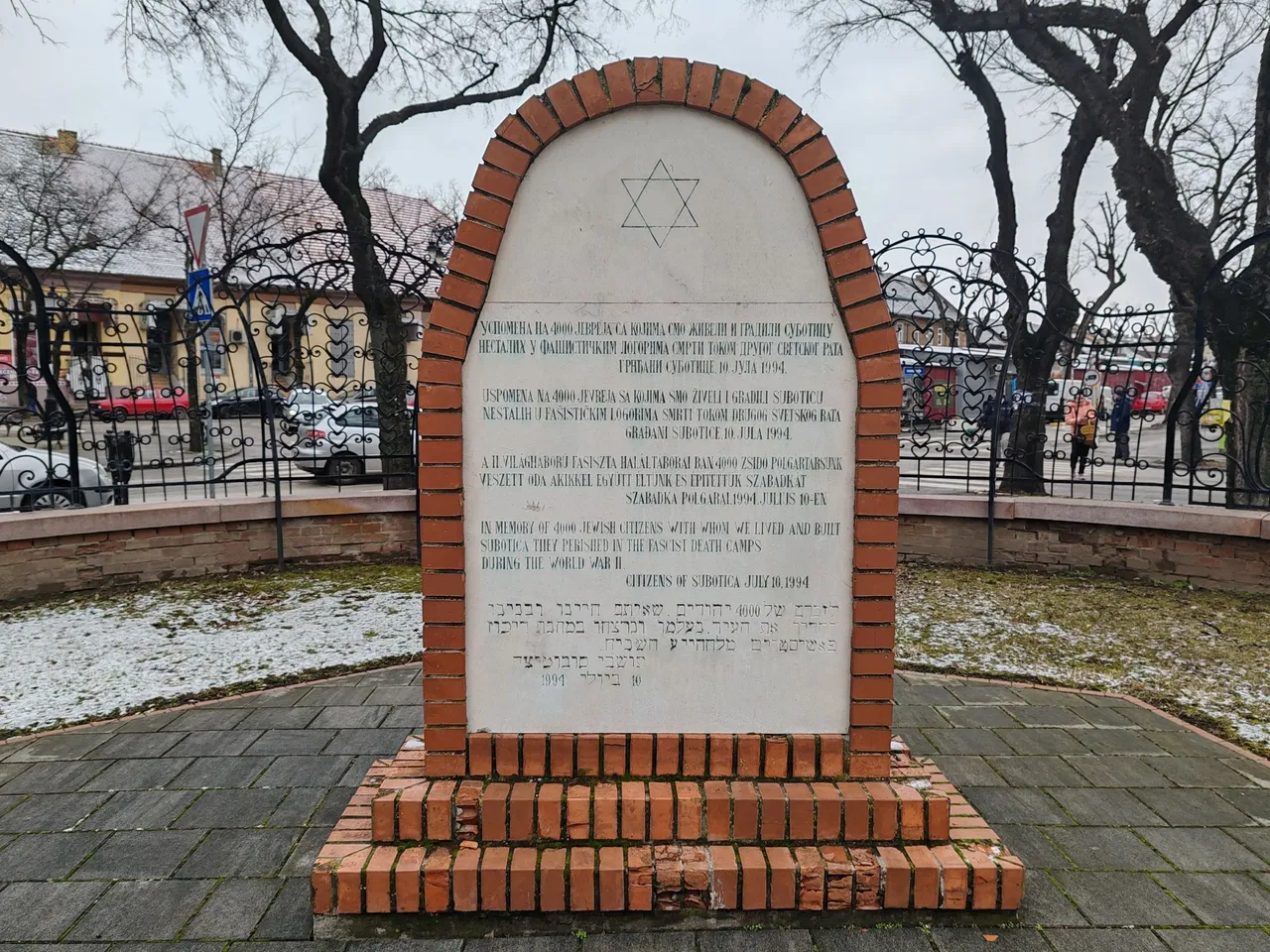
I went inside. What fascinated me first were the bright colors.
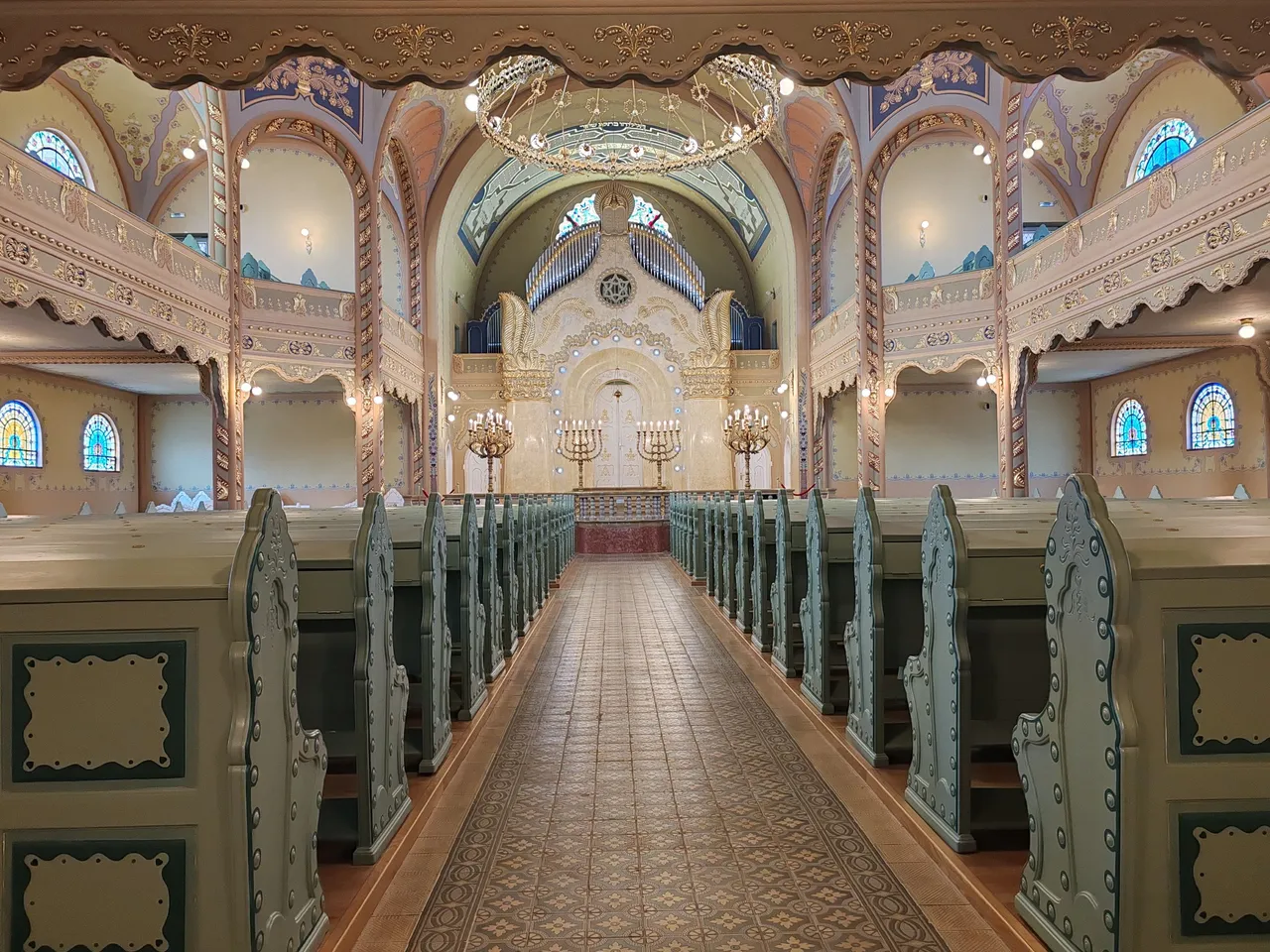
The sound of the piano was heard, which made me feel very comfortable. I liked the glasses in various colors and designs of flowers like roses and carnations as well as peacock wings which are Hungarian decorations.
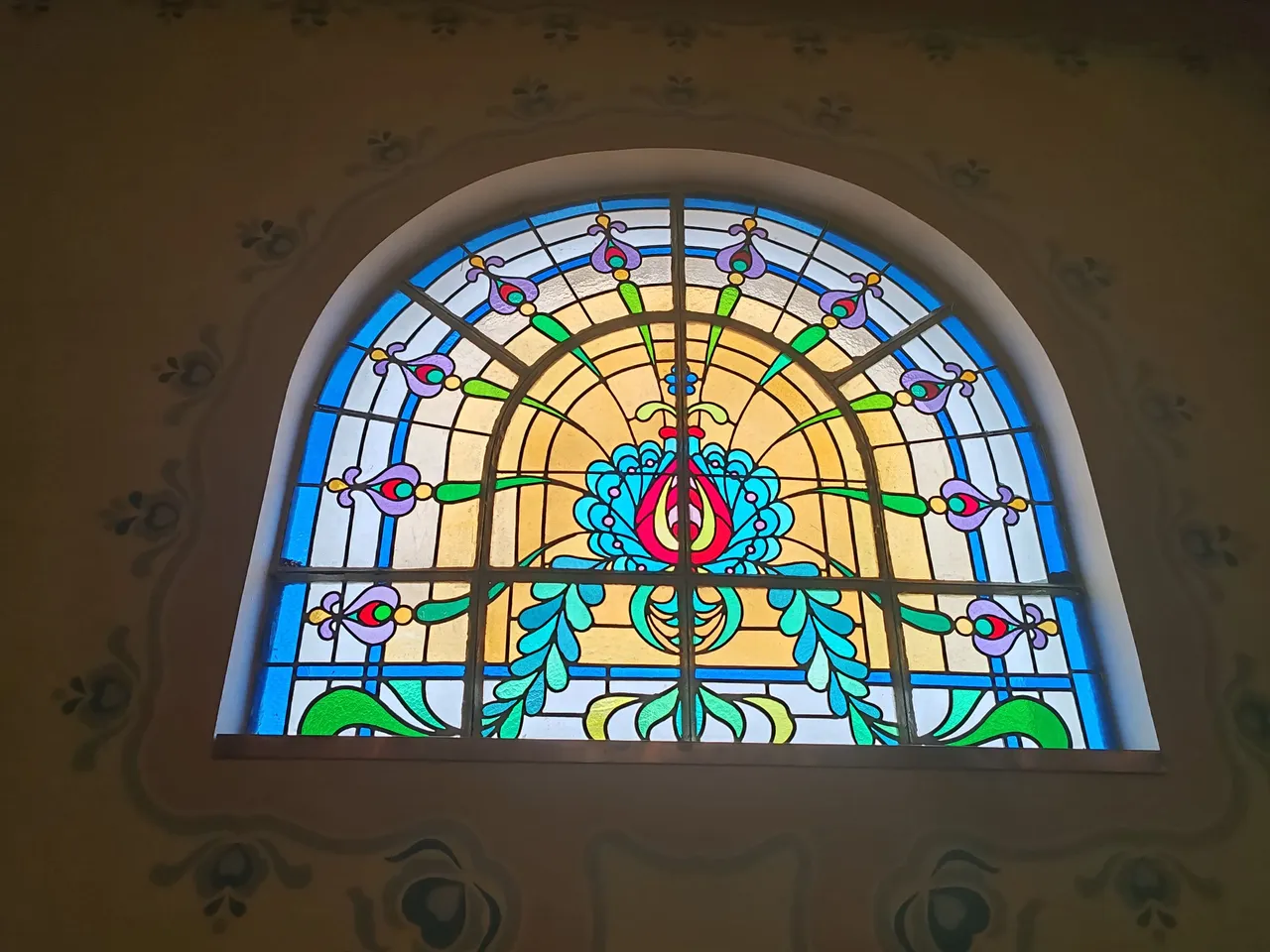
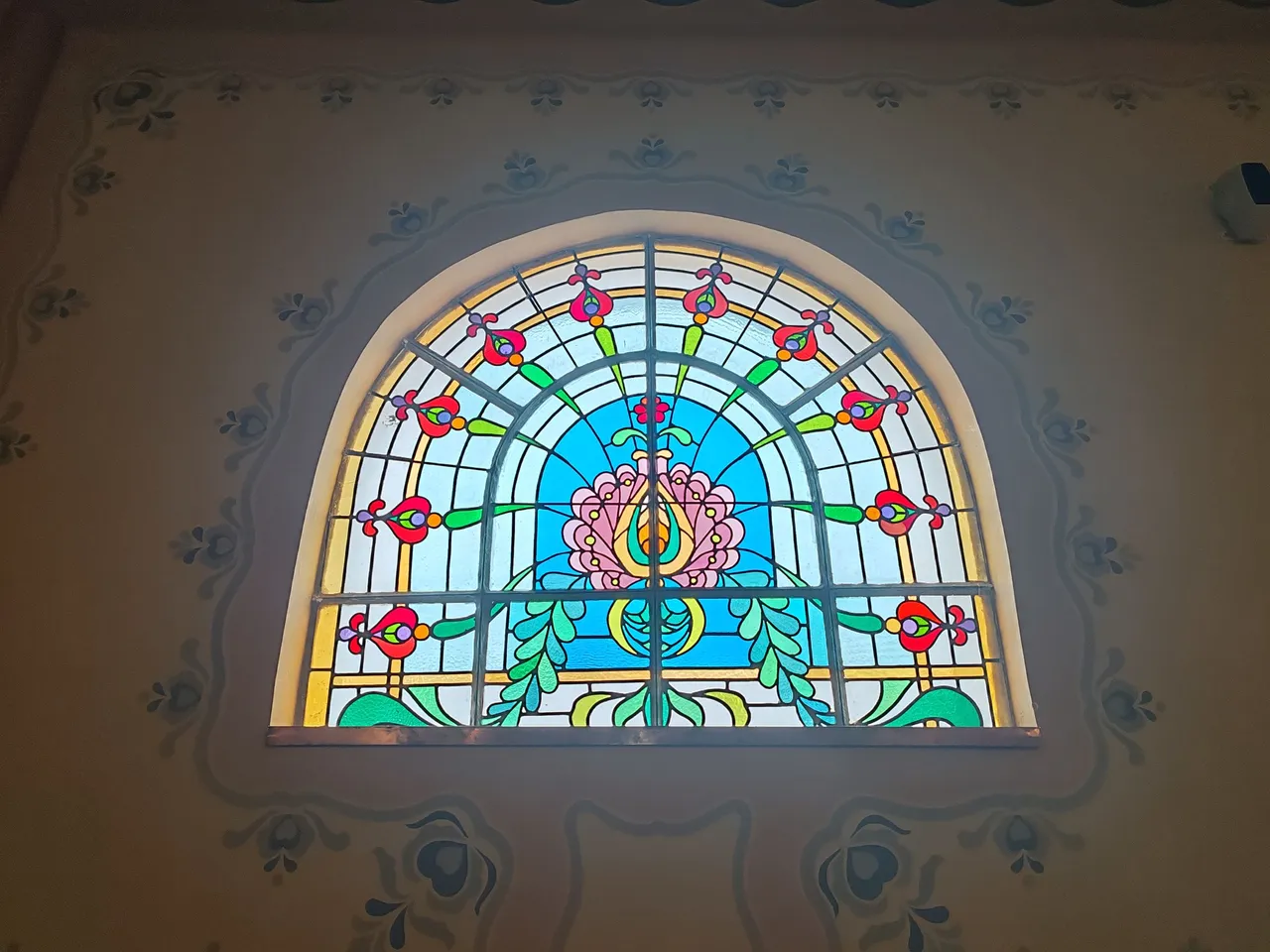
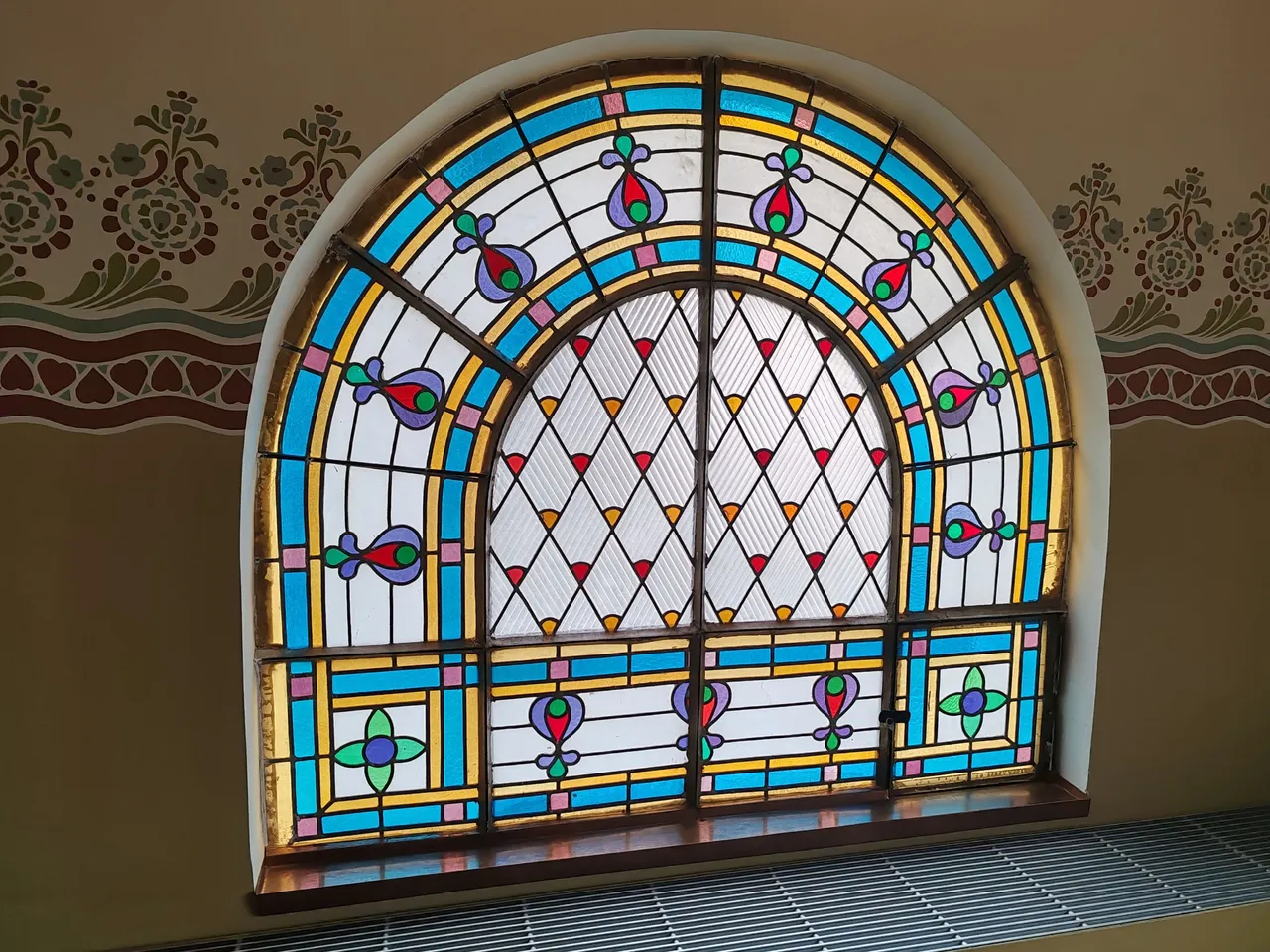
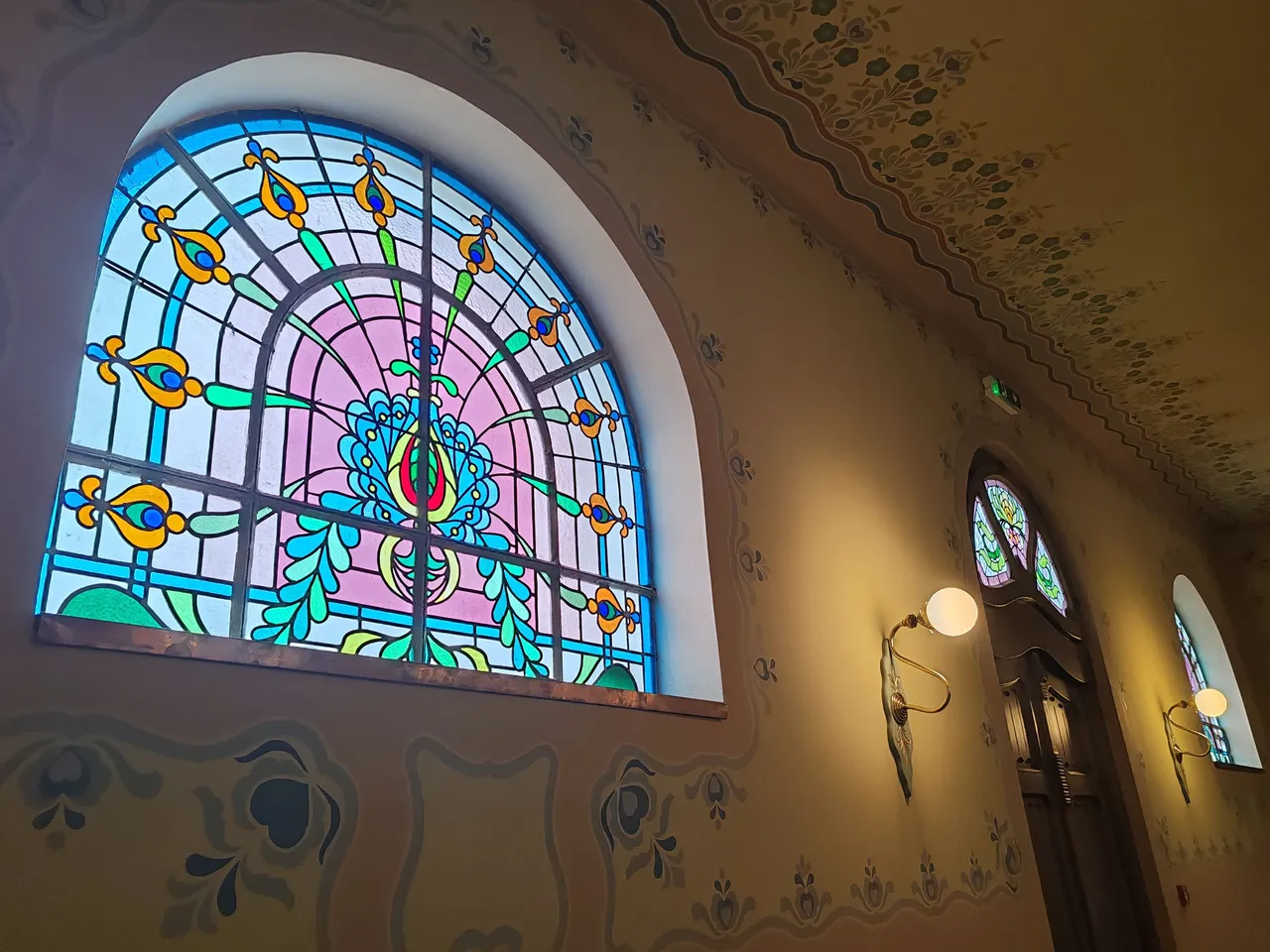
I read there that the Synagogue was designed by Hungarian architects from Budapest and that is why they have such ornaments.
The guide told me that the reason for these vibrant, beautiful glass colors is to bring joy into people's lives.
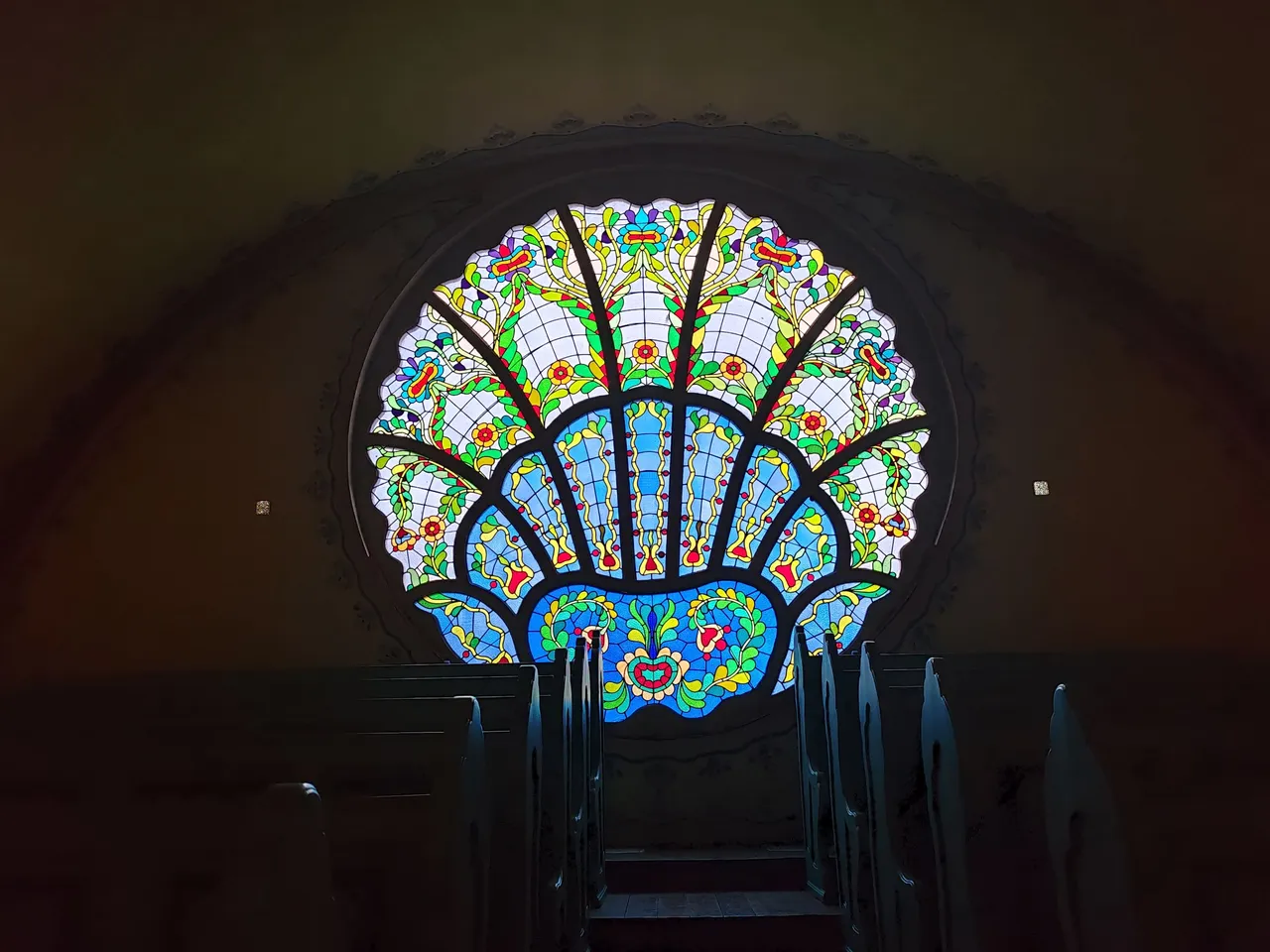
These colors were very pleasant. I enjoyed watching them. I could feel the joy for which they were chosen to paint the glass.
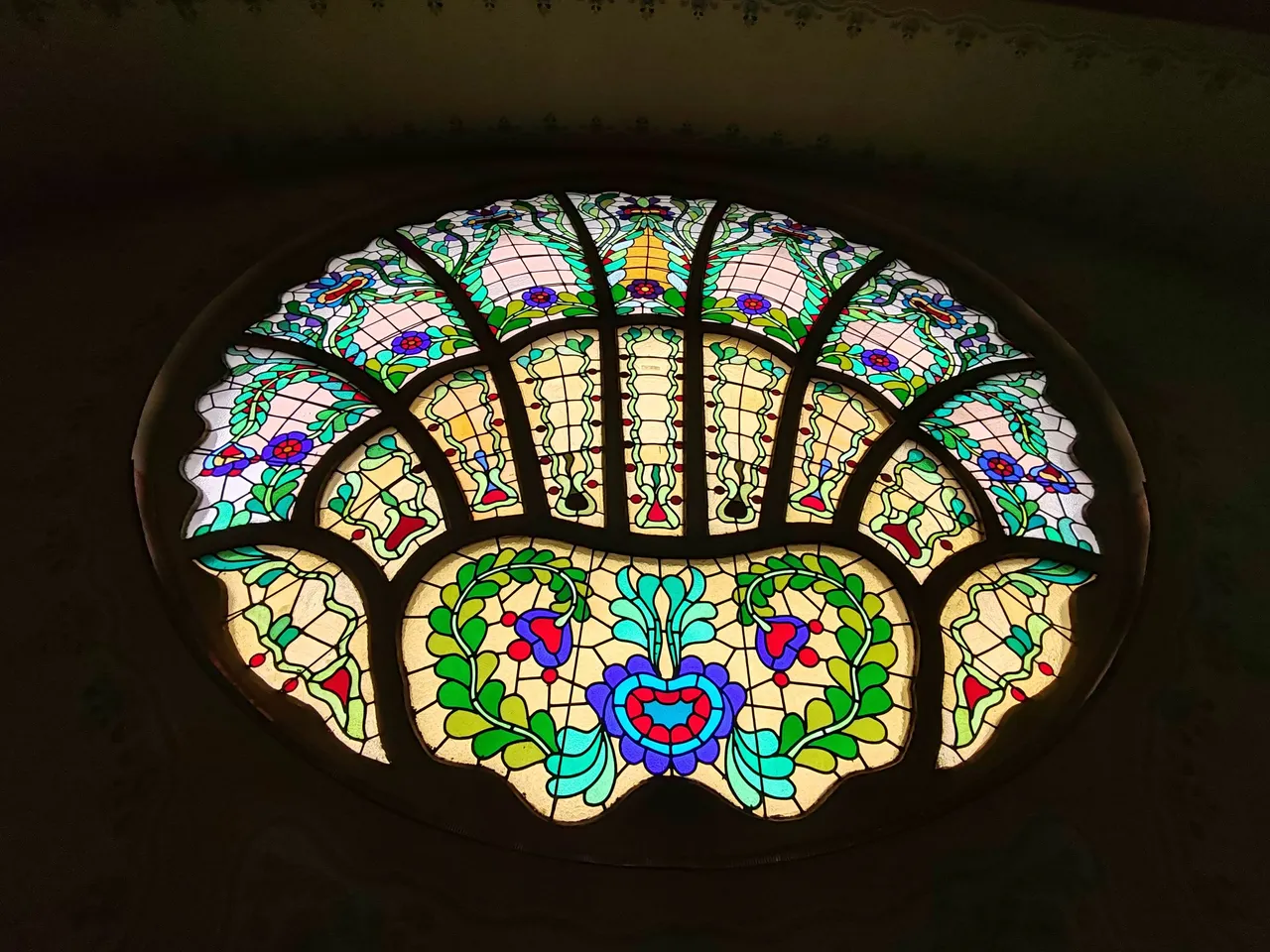
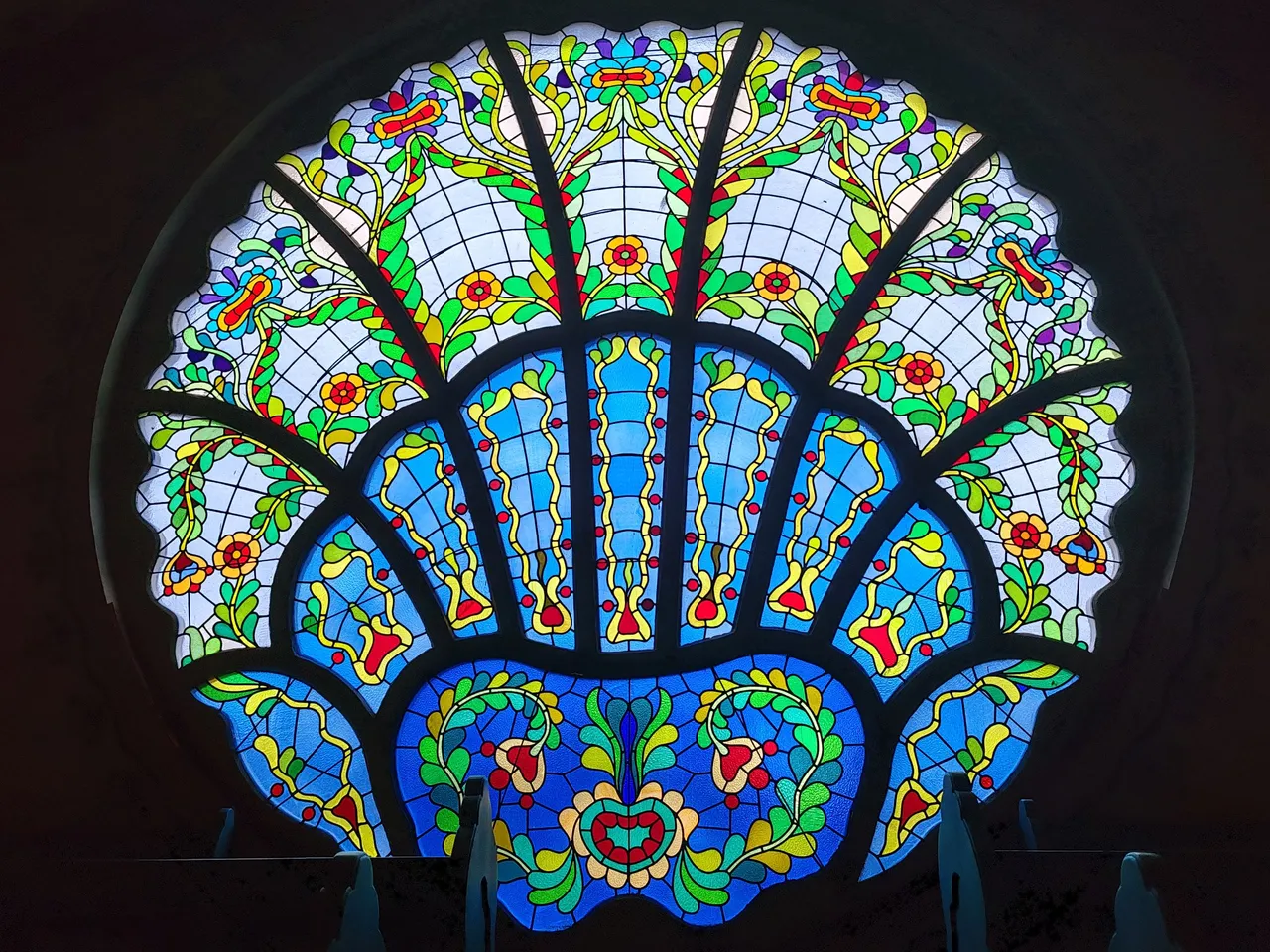
Apart from the perfectly chosen colors and stained glass, my strongest impression was the light. Lots of light, thanks to the windows and the interior decorative lamps.
I also climbed to the second floor. I felt like I was expecting some kind of celebration to start.
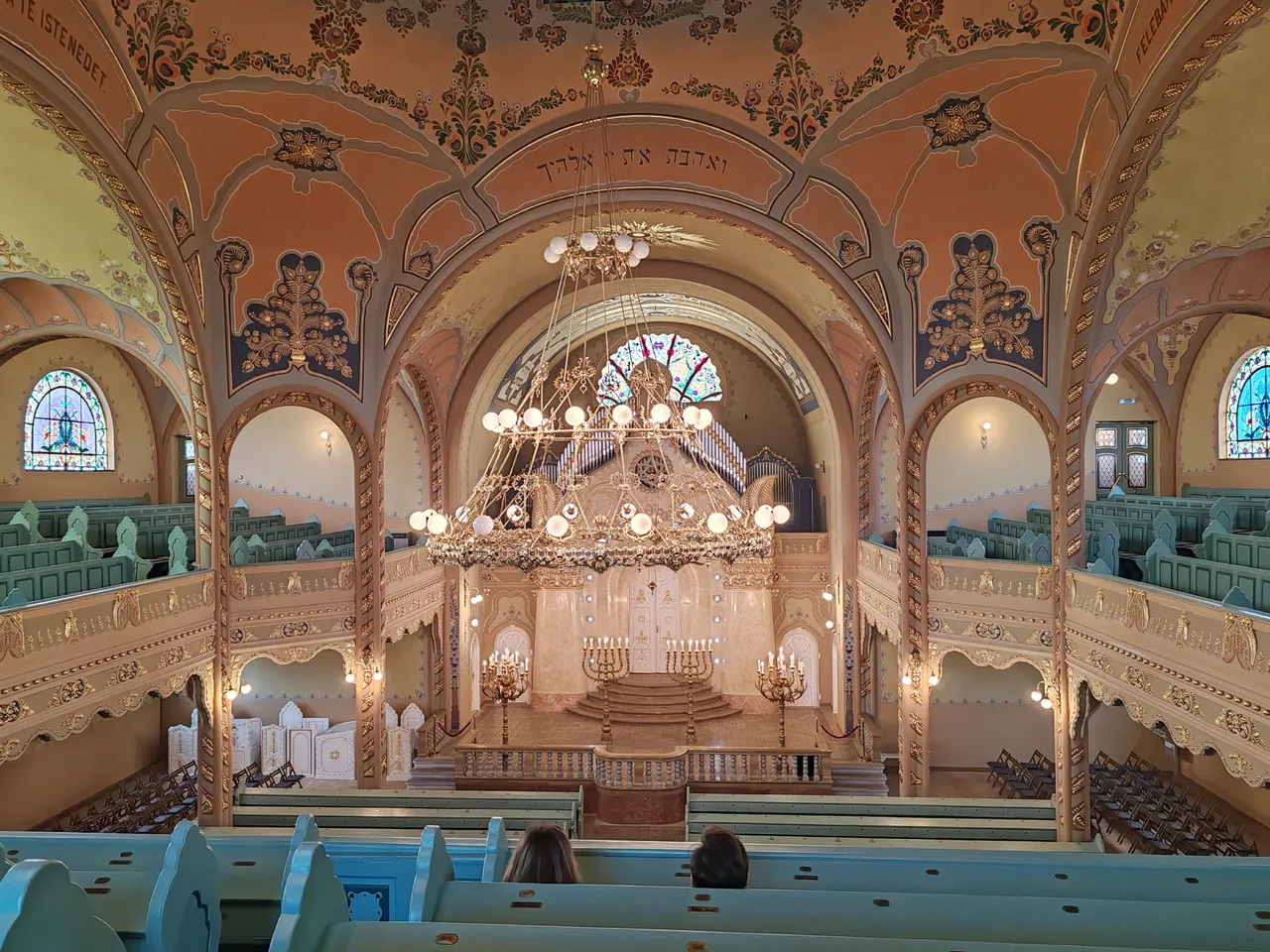
What caught my attention was the central main dome, with the Star of David on top, which signifies the unity of heaven and earth.
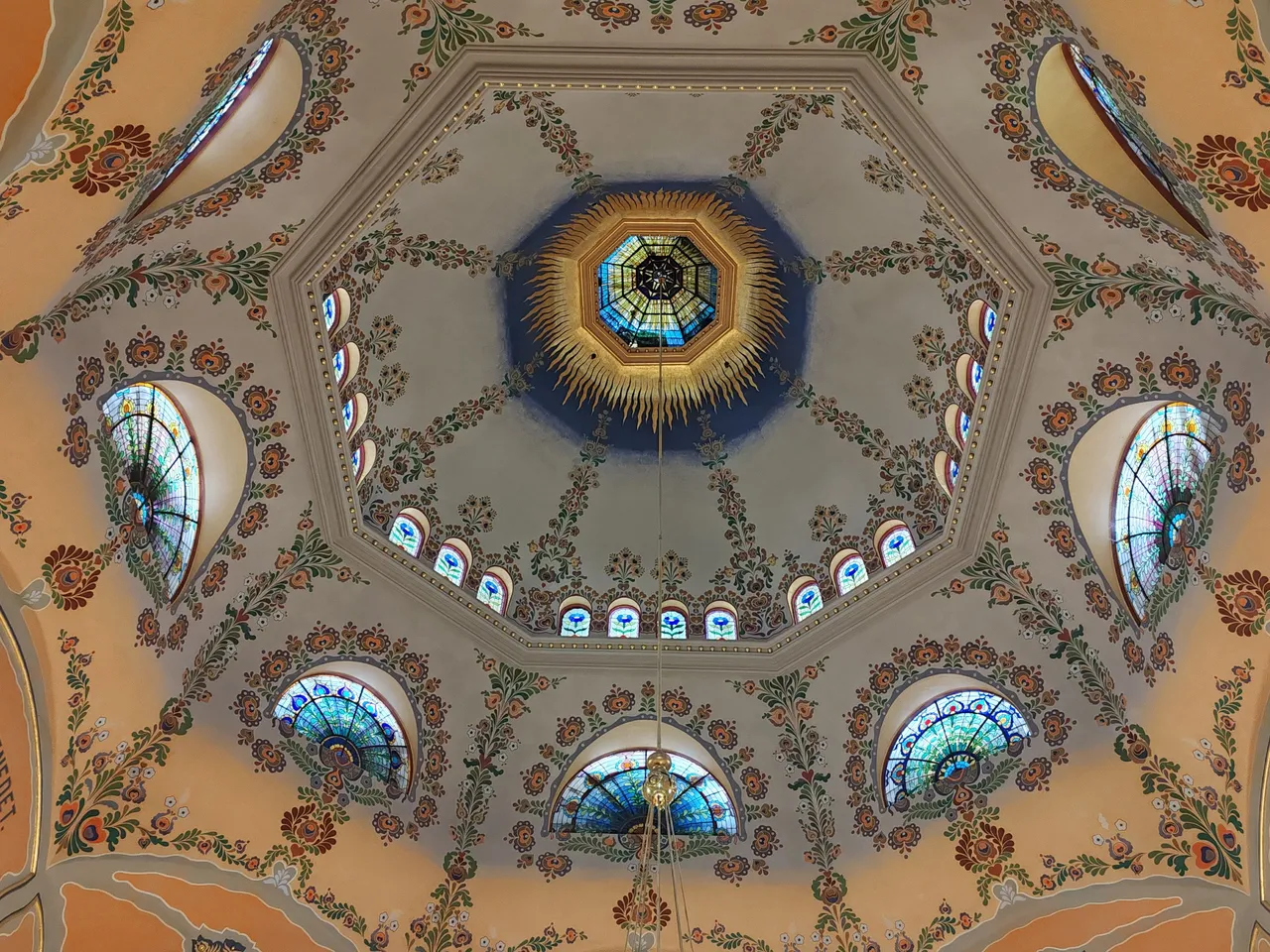
The seats in the gallery were reserved for women. I don't know why there was discrimination and why only men could sit down but that's how it was.
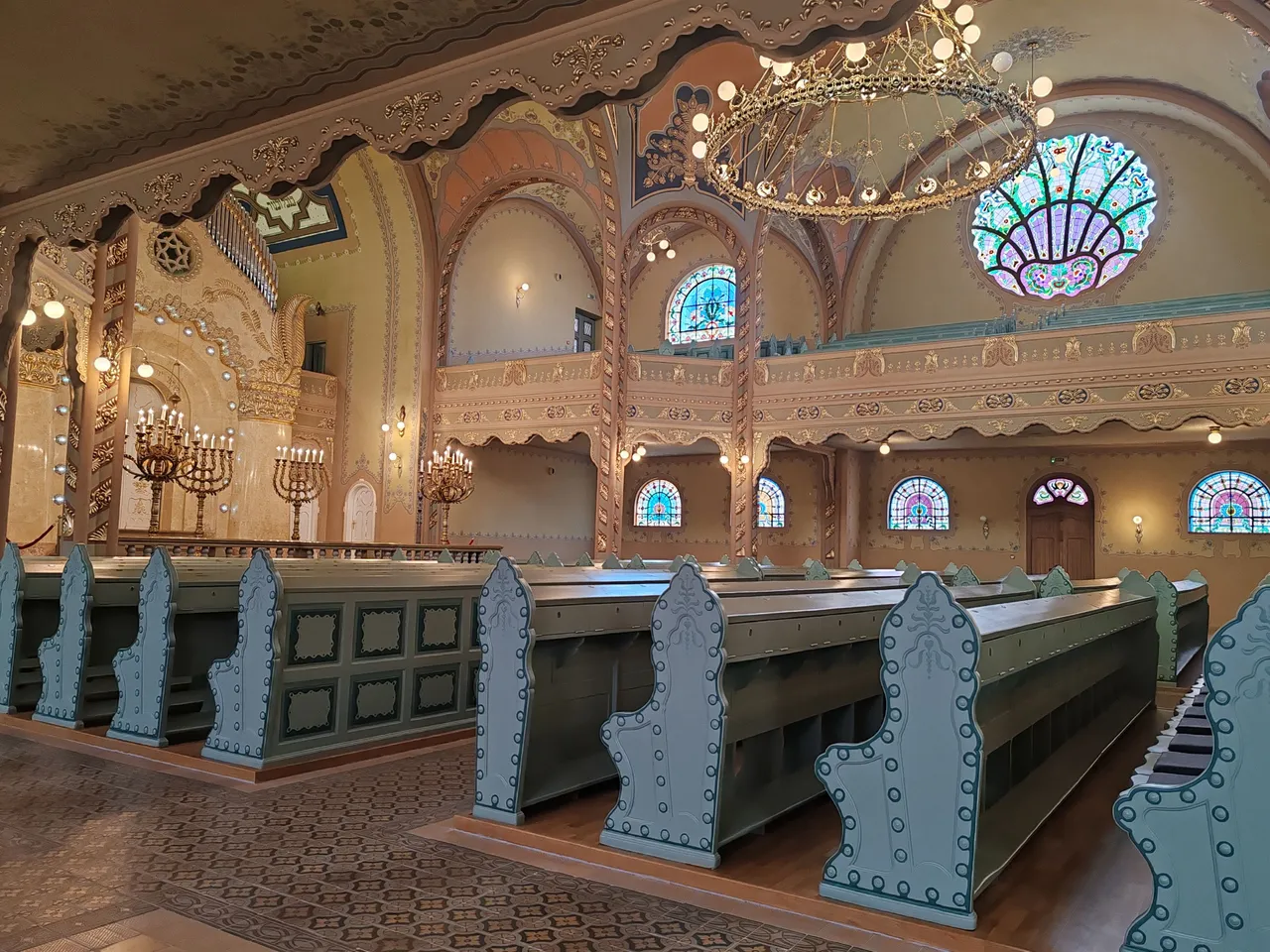
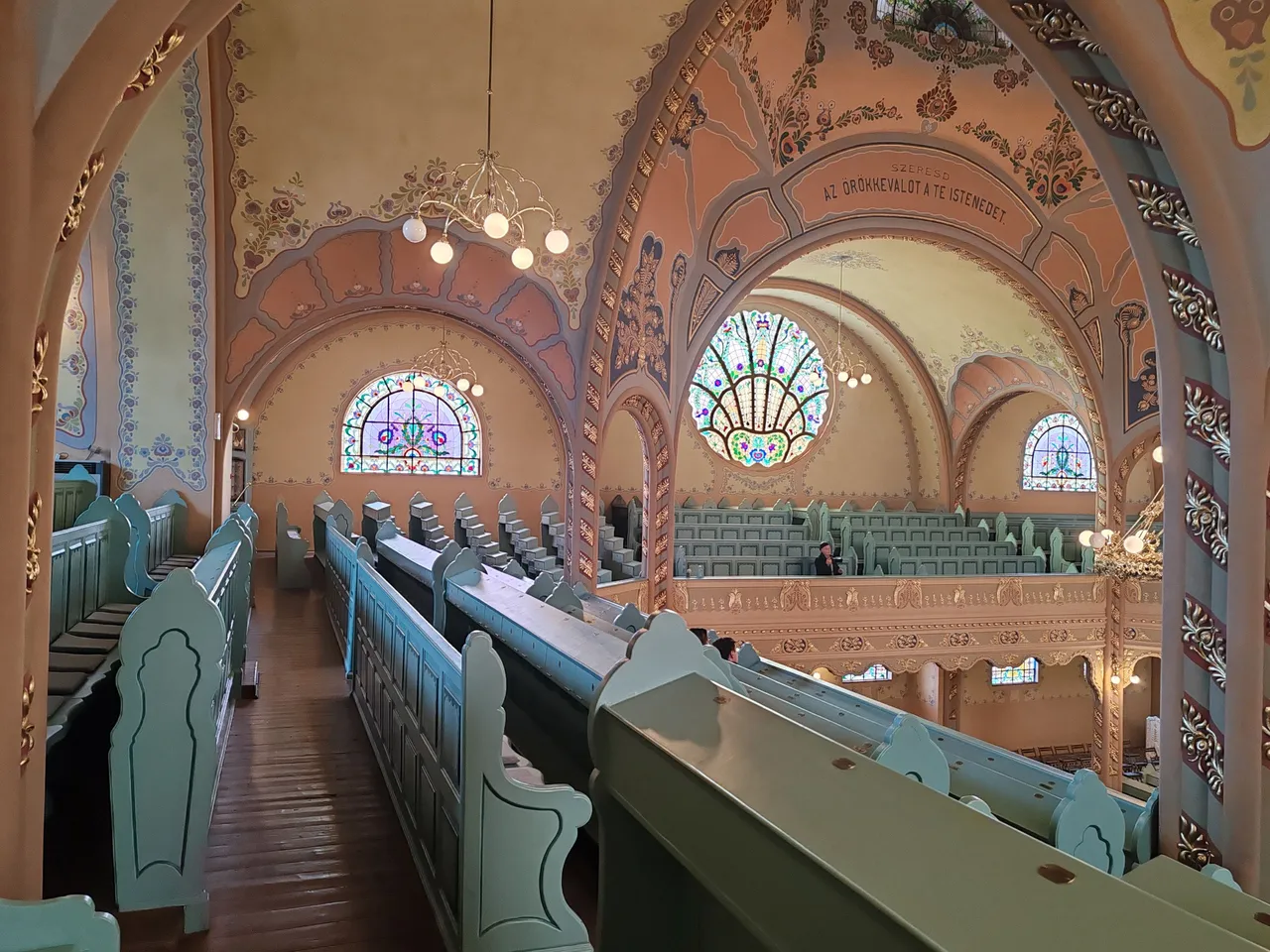
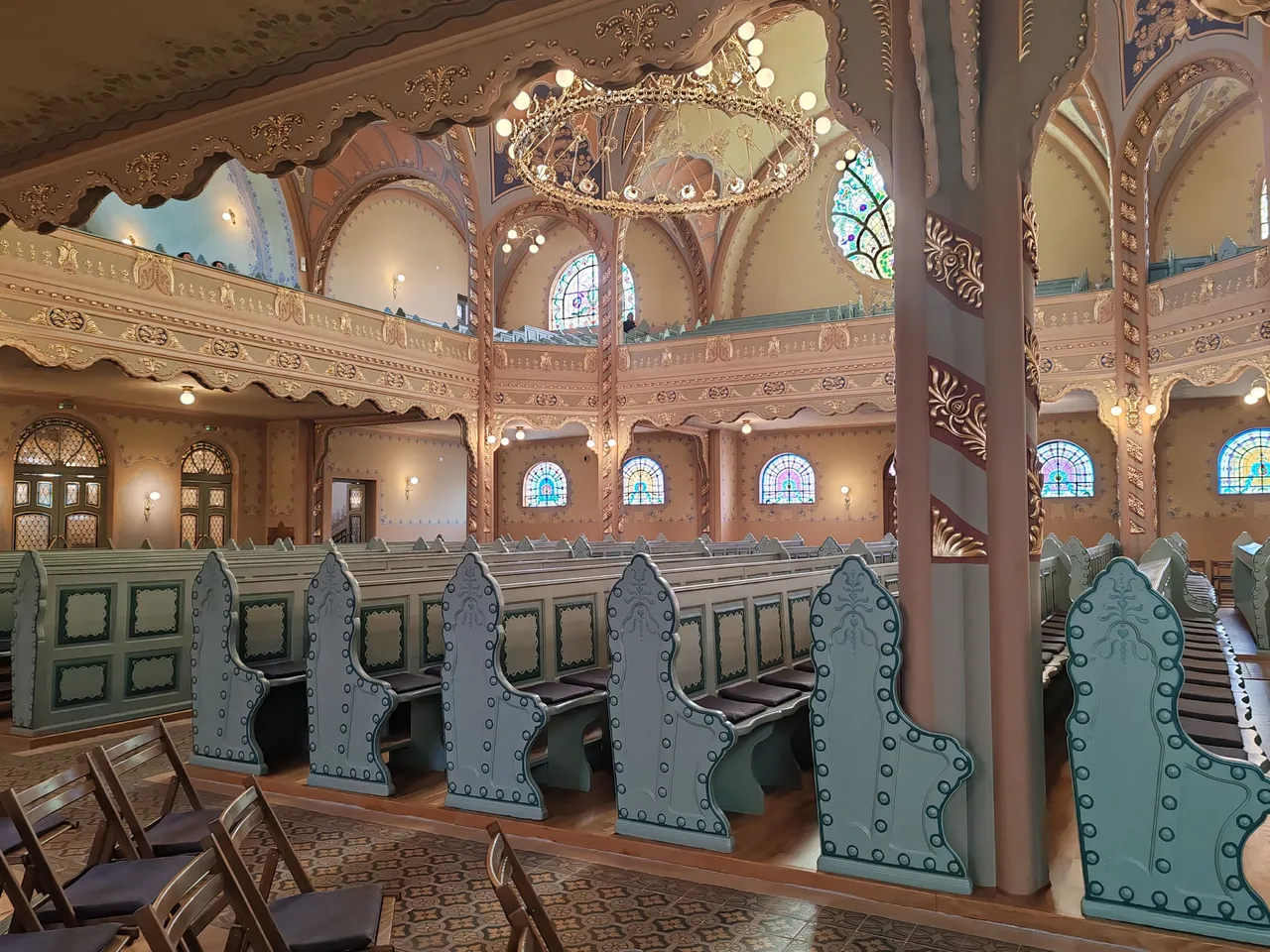
I also read there that this synagogue was built in the Byzantine style. The building has many symbols and details that are worth studying in more detail.
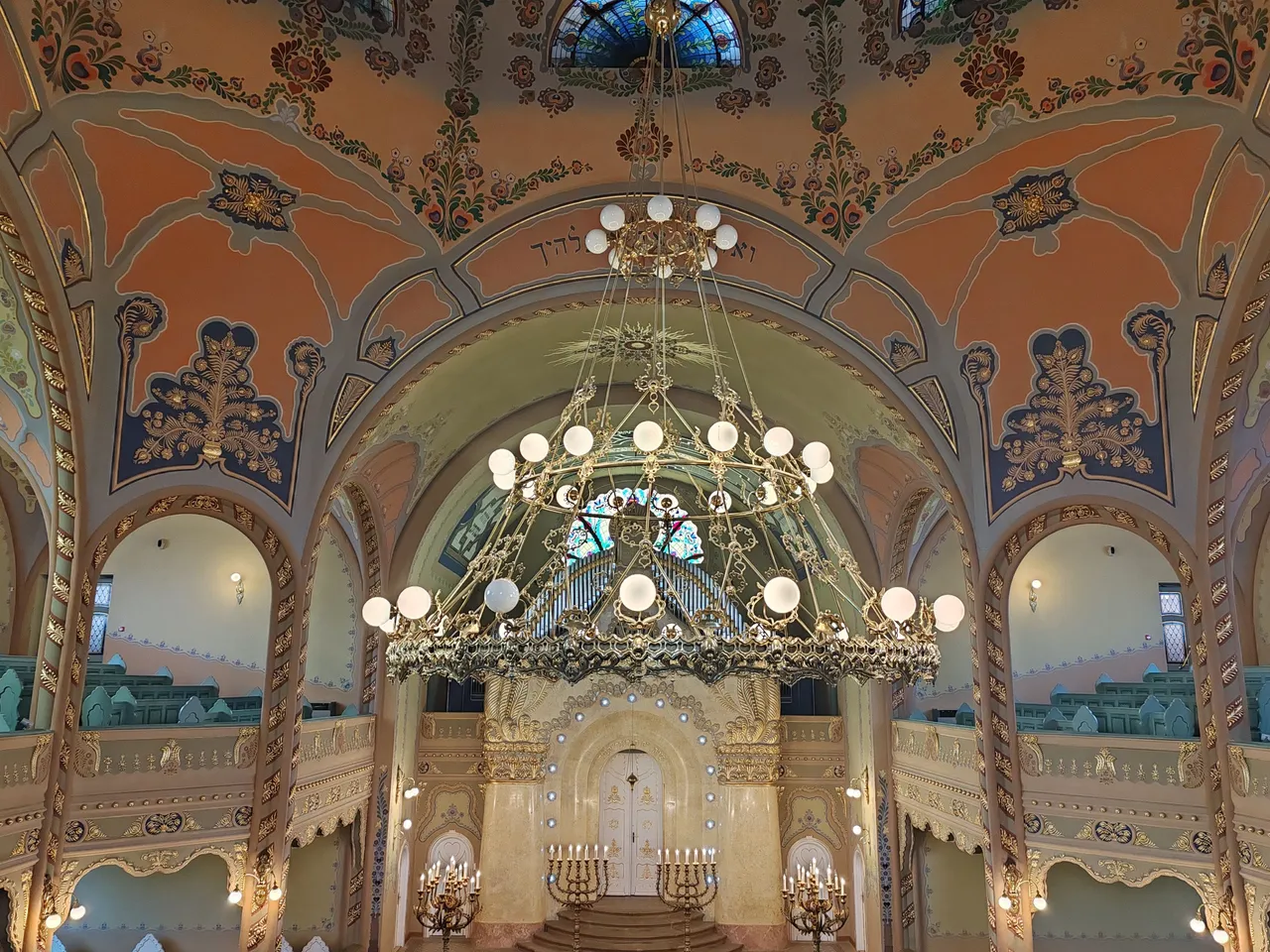
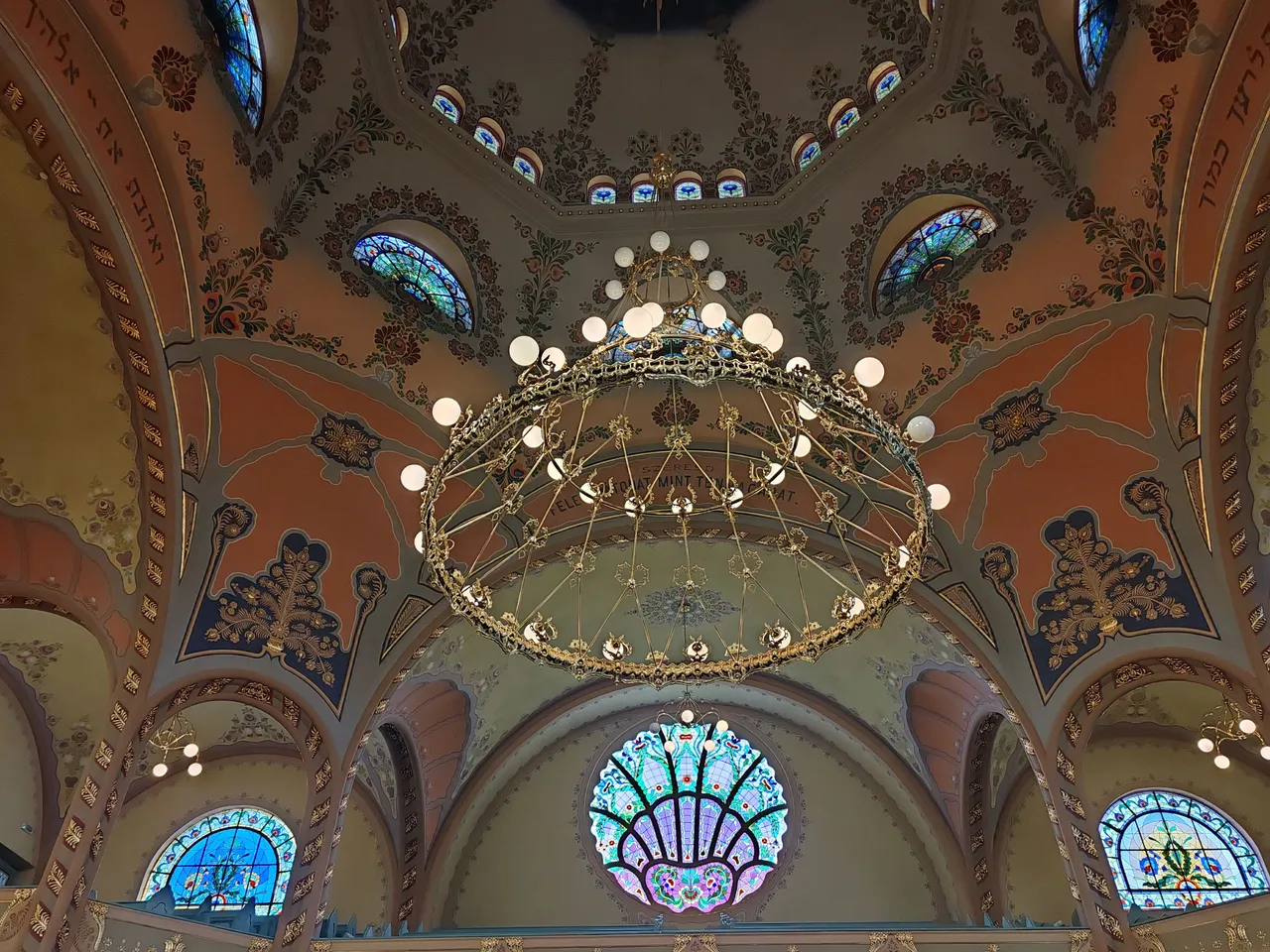
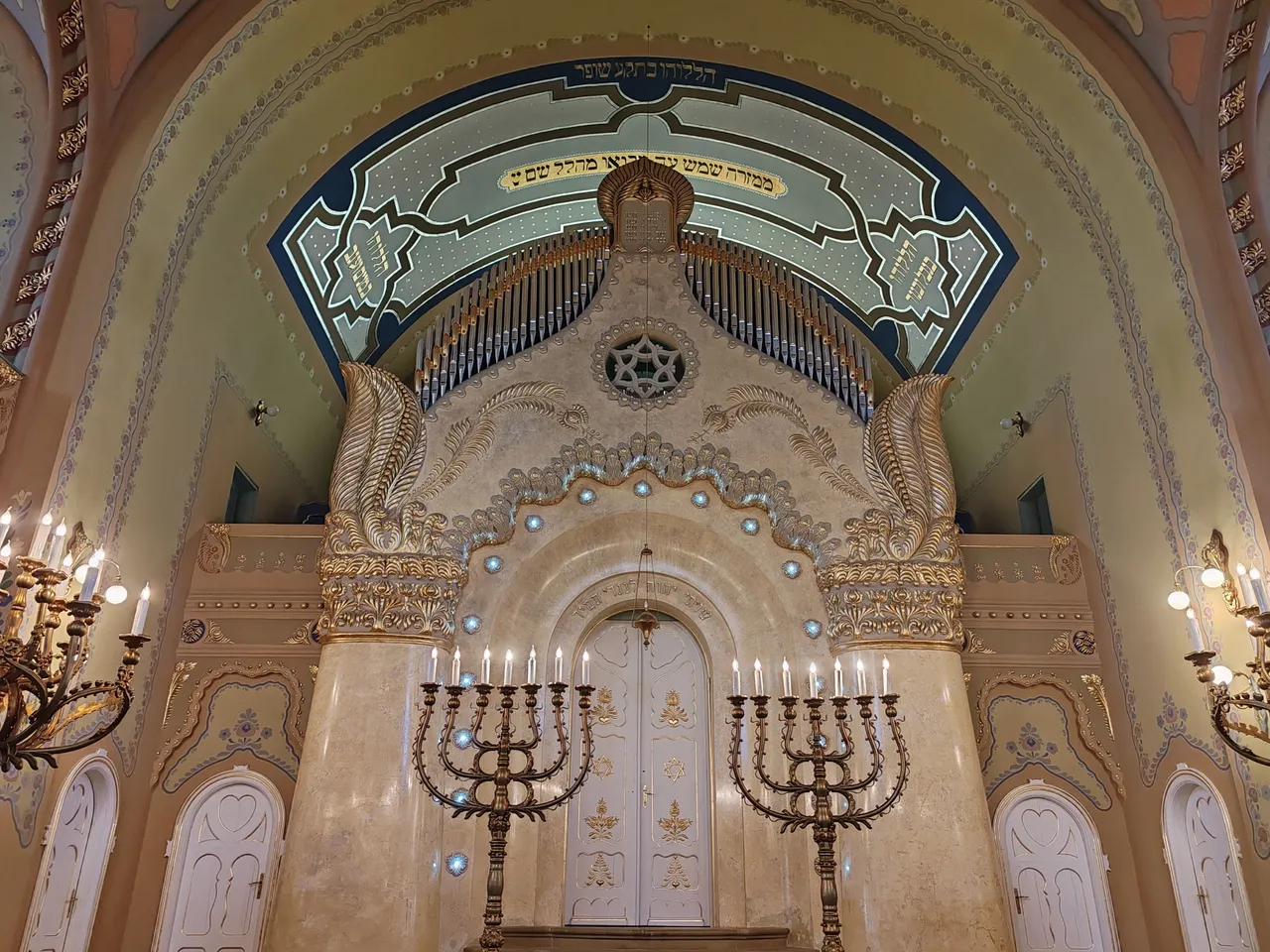
The synagogue once had only a religious function, but today, in addition to the religious function, it also has a cultural function, because cultural events are often held here due to the beautiful ambience and unique space.
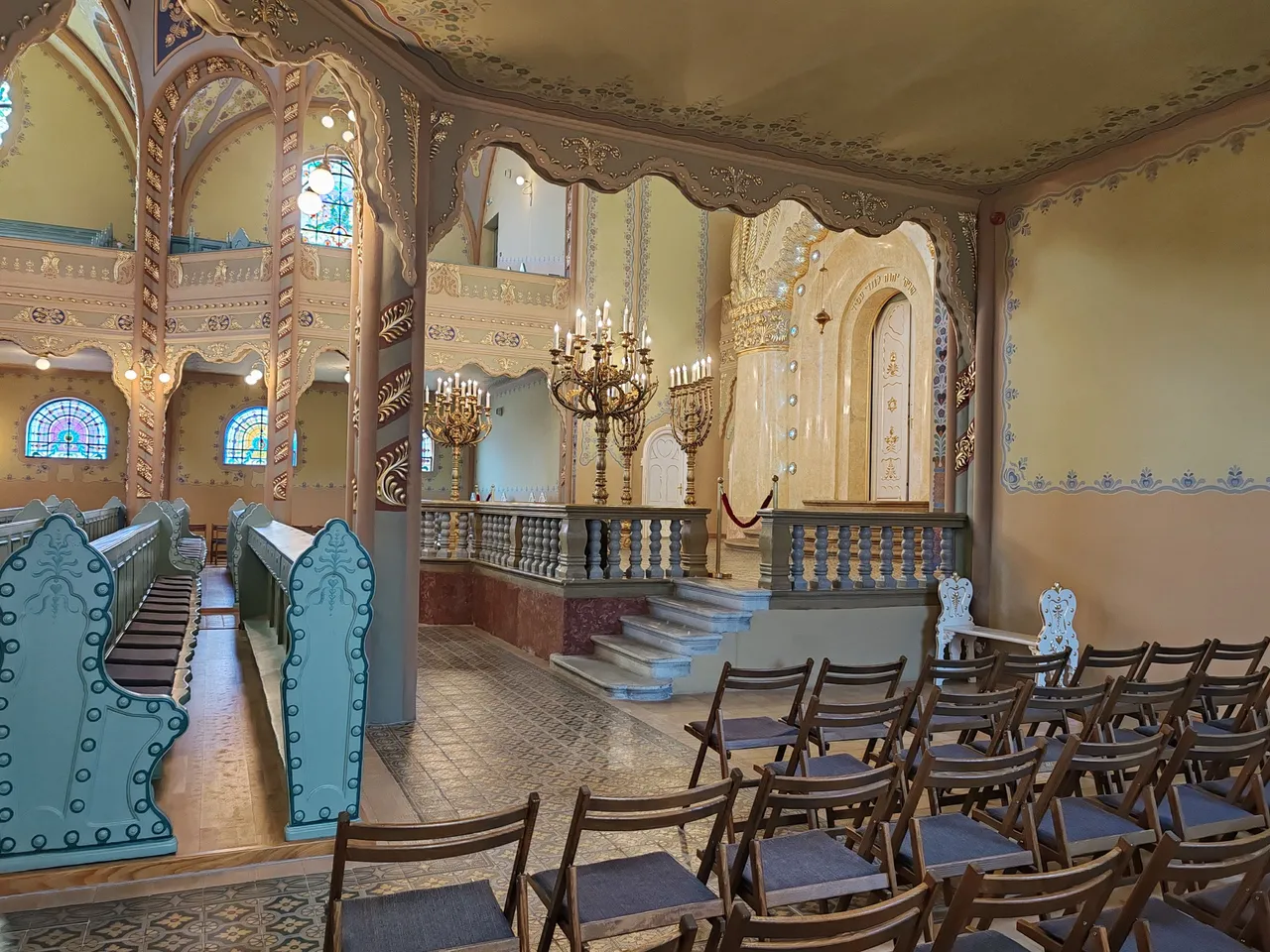
Although it looks amazing, this synagogue is not entirely built with quality materials, but what is certain is that someone put his soul into building this masterpiece of architecture.
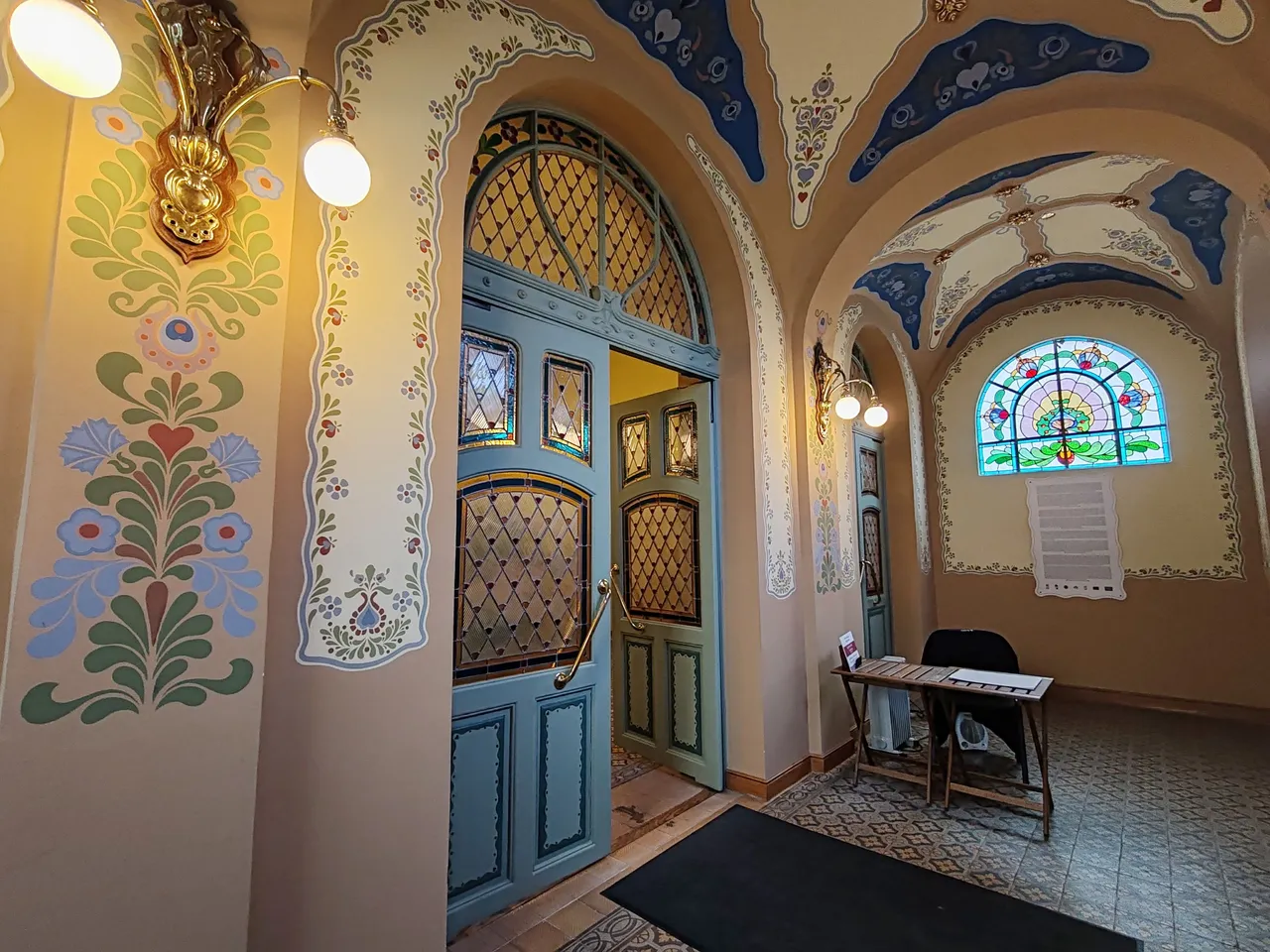

Thank you for reading.
Jelena